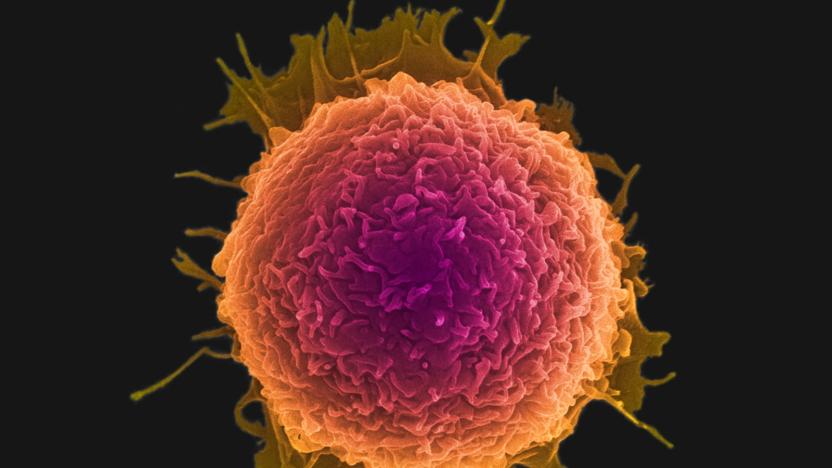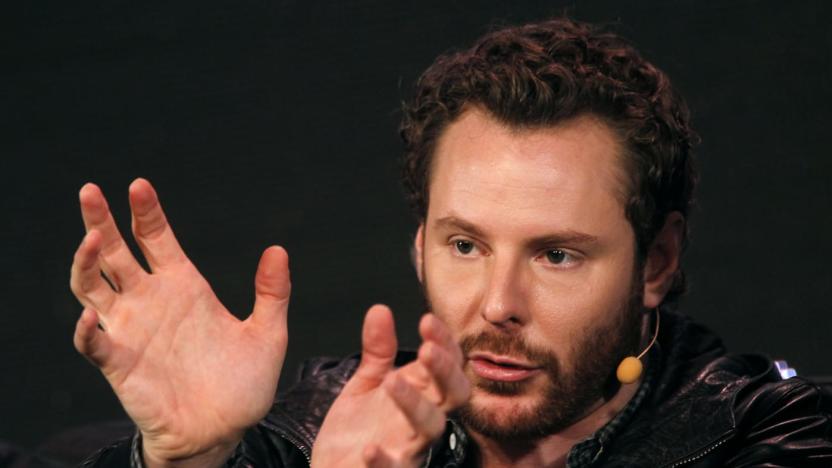immunotherapy
Latest

Nano-sized discs teach your body to fight cancer
In the future, getting customized cancer treatments might just be a matter of injecting virtually invisible discs into into your body. University of Michigan scientists have had early success testing 10nm "nanodiscs" that teach your body to kill cancer cells. Each disc is full of neoantigens, or tumor-specific mutations, that tell your immune system's T-cells to recognize those neoantigens and kill them. When you pair them up with immune checkpoint inhibitors (which boost the T-cells' responses), they can not only wipe out existing tumors, but prevent them from reemerging later.

Sean Parker team-up will use algorithms for cancer prevention
Napster co-founder Sean Parker's Institute for Cancer Immunotherapy isn't wasting much time putting technology to work in treating disease. It's partnering with the Cancer Research Institute on predictive algorithms that can spot cancer neoantigens (substances in tumors that will produce an immune response) in DNA to use them as preventative treatments. Scientists from six organizations (including the Broad Institute and Caltech) will receive both cancerous and healthy gene sequences in the hopes that they'll identify those sequences recognizable by immune system T-cells.

Napster co-founder's new institute aims to beat cancer
Sean Parker is known for many things: co-founding Napster, joining Facebook in its early days, starting charities and creating his share of technology startups. If all goes well, though, he'll also add "helped cure cancer" to that list. He just founded the Parker Institute for Cancer Immunotherapy, a $250 million effort to fight cancer by relying on the body's immune system. The organization will unite six universities (covering 40 labs and over 300 scientists), encouraging them to share research rather than compete. As Parker puts it, humanity is on the "bleeding edge" of what you can do with synthetic biology... it might just need a nudge to turn those findings into real-world treatments.
